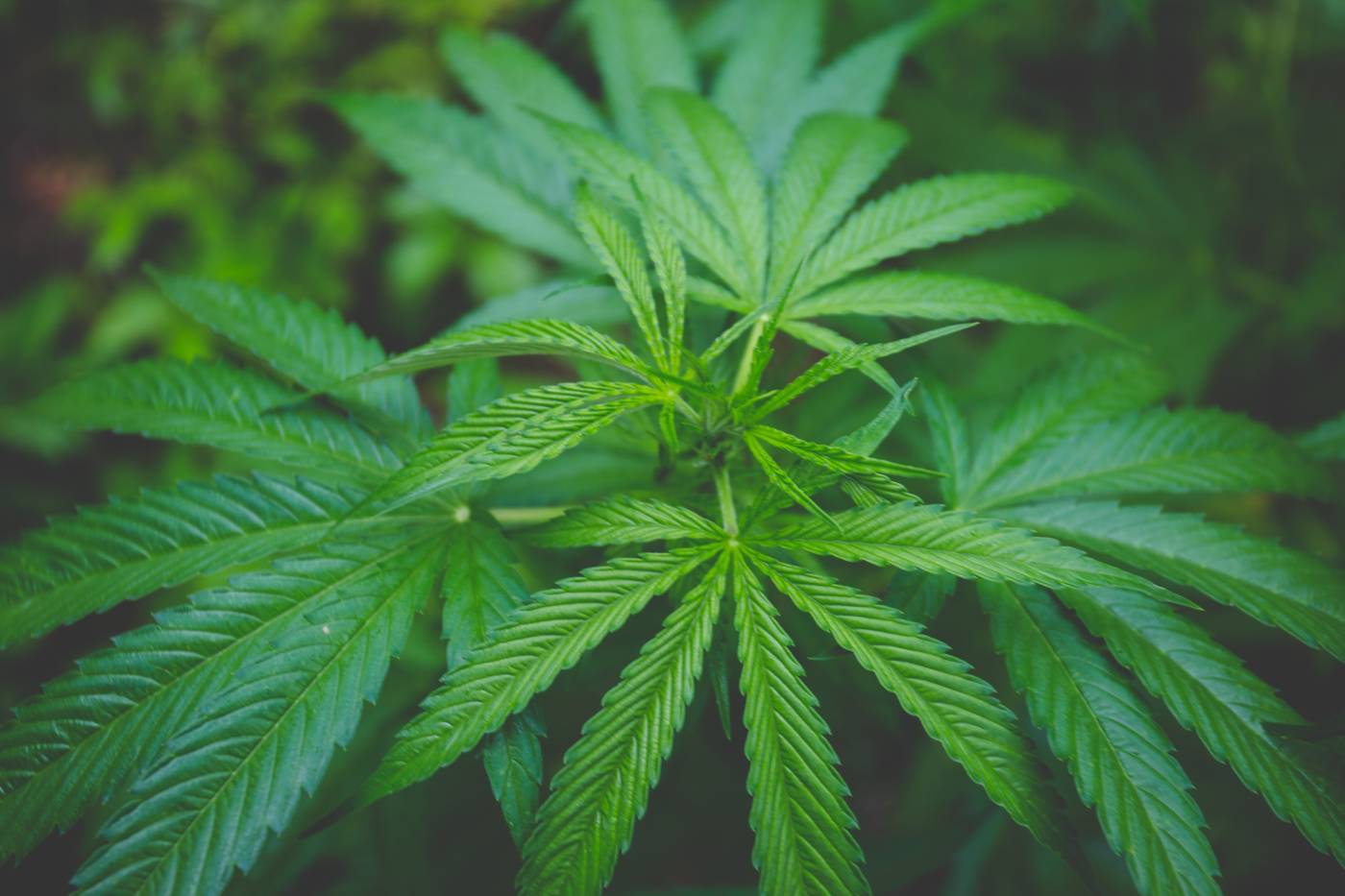
2019 Updates to Tennessee Hemp Regulations
Tennessee has a rich agricultural history, but there is a new cash crop on the horizon. As of November, 2019, Tennessee is home to 3,800 hemp producers licensed to grow as much as 51,000 acres across the state, marking a period of huge growth in the local hemp industry.
In response to this exponential growth, Tennessee has implemented changes to state hemp laws. This means that the requirements for growing, moving, processing, and selling industrial hemp look a little different now than they did a year ago.
So what does this mean for people who want to start growing hemp legally or keep their hemp operation compliant?
GROWERS
The answer to this question for growers is: not much. If you are new to hemp and want to start a growing operation, you still need to go through the Farm Services Agency to get a lot number for your growing area and plant varieties and obtain a hemp growing license, regardless of the amount of hemp you plan on growing.
If you plan on transporting any rooted hemp plants or harvested hemp to a processor, you’ll also need to obtain a movement permit. There may be some instances in which a movement permit isn’t required, but it’s a good idea to have a permit before moving any plants or plant material to ensure that your operation is compliant.
PROCESSORS
If you are currently or want to become a processor, the new changes to Tennessee law mean that you are no longer required to have a permit for the processing of hemp plants, making the regulatory process much easier to navigate. You do want to keep in mind, however, that if you are making any products for human consumption, you must be licensed as a food manufacturing facility through the Tennessee Department of Agriculture.
SEEDS AND SELLERS
After the 2019 changes, Hemp seed is now regulated just like any other seed sold in Tennessee. This means that you don’t need a special license to sell hemp seeds, but if your name is on the seed label, you must still obtain a Tennessee Seed Sellers License.
You also don't need a license to sell seedlings, clones, or plants, but you can only sell plants to a buyer with a valid hemp grower license who plans to grow the plants in a licensed area.
As far as hemp products go, Tennessee only regulates products that are made for human consumption; the sale of all other hemp products is unregulated by the TDA at the time of this posting.
These 2019 changes are the third version of rules and regulations in the very short life of the industrial hemp program. It seems that each growing season brings with it a new set of information to digest, consider, and incorporate into your business. If you are ready to get started in hemp or if you have a current hemp growing, processing, or selling operation and want to remain legally compliant, feel free to reach out to Brazil Clark for help navigating the ever-changing regulations of this booming industry.
Tags: Processing Hemp, Compliance, Hemp, Tennessee, Growing Hemp
